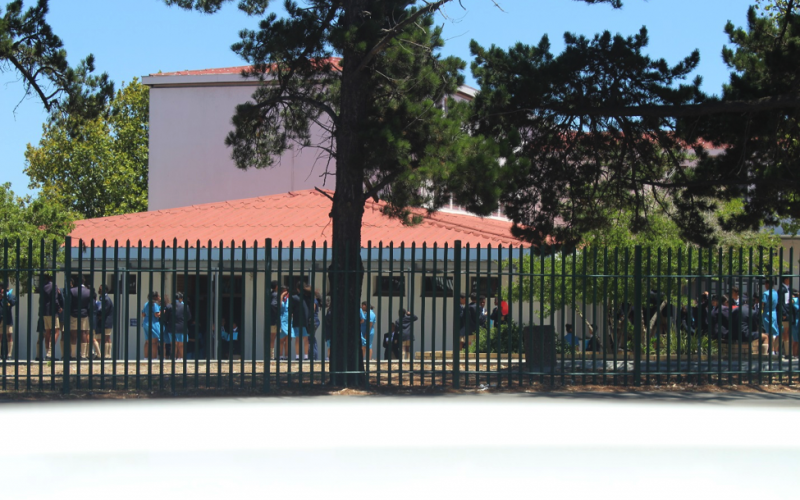by DANMORE CHUMA

Could universities and colleges be symbols of tyranny?
Radical educators and revolutionaries worldwide are bewildered by the question—which education is of most value? –as universities, colleges and schools turn into centres of oppression, perpetuating the dominant authoritarian discourse.
Formal education, which has a colonial face, and misconstrued as civilisation, is increasingly becoming more autocratic and directive, failing to meet the daily needs of the majority of the people with no respect for the learner.
According to South Africans Market Insight 2019, out of 800, 800 pupils who registered for the National Senior Certificate, only 172, 000 qualified to further their studies at universities. This means, just over a third of the students who sat for their final year of high school examination actually qualified to go to university. In 2016, there were 1, 067, 075 pupils in grade 10, and only 400, 761 passed their final examination, according to research. One wonders what happens to thousands of able-bodied young men and women, failed by the system.
Whilst a good number of students who fail their final examination get absorbed into the informal economic system, the majority still remain unemployed. South Africa Statistics (SAS 2019) reports that 27.5 percent South Africans are unemployed, whilst independent research put the number at over 50 percent.
Graduate unemployment has reached alarming levels. The gap between the rich and the poor is increasing. South Africa has the most inequality out of 149 countries in the world according to the 2018 World Bank report. Instead of addressing these challenges, formal education reinforces suffering and exploitation of the poor majority.
With unemployment rate skyrocketing, increasing poverty, high levels of economic inequalities, and environmental decay, formal education is not only losing relevancy but blamed for the creation of these challenges. It is still a threat to the cause of the working class and the commoner of the world.
Since its inception, formal education has nurtured a quasi-bourgeoisie neo-liberal capitalist class comprising of teachers, lawyers, doctors, journalists, and accountants, masquerading as democrats, whose duty is mainly to misinform and mislead the world. They work on behalf of big business, advancing the interests and aspirations of international multinational corporates and their local agents or oligarchs.
By virtue of compulsory learning being white supremacist, elitist, and hetero patriarchal in character, it means the majority of the marginalised, such as women, blacks and refugees are left out, charged and condemned. Its competence base, individualistic, and commercial nature, is contrary to African and democratic values.
Those who have gone through the formal education model, have suffered effects, which are deadlier than opium, for it makes them what they are by nature not. They are programmed like computers to satisfy the demands of capital. It destroys humans, and creates uncritical objects or propagandists, blind to the realities of the world and bent on defending and advancing a foreign agenda.
Victims of this education model are in chains, left in a perpetual state of mental imprisonment, and in need of urgent rehabilitation. They can wear very expensive suits and speak fluent English, but they know “nothing”. What they know is the narrative of their master.
A more radical, dialogical, inclusive, and people centred pedagogical approach, is the panacea to the multifaceted challenges bedevilling humanity today. This cannot be found in formal learning but informal and non – formal learning.
I posit that, true learning, with developmental potential cannot be found in walls and fortresses of universities and colleges but informally in the community. This challenges the epistemological position that classroom blocks and lecture theatres are the progressive spaces of knowledge production.
Pambazuka for more